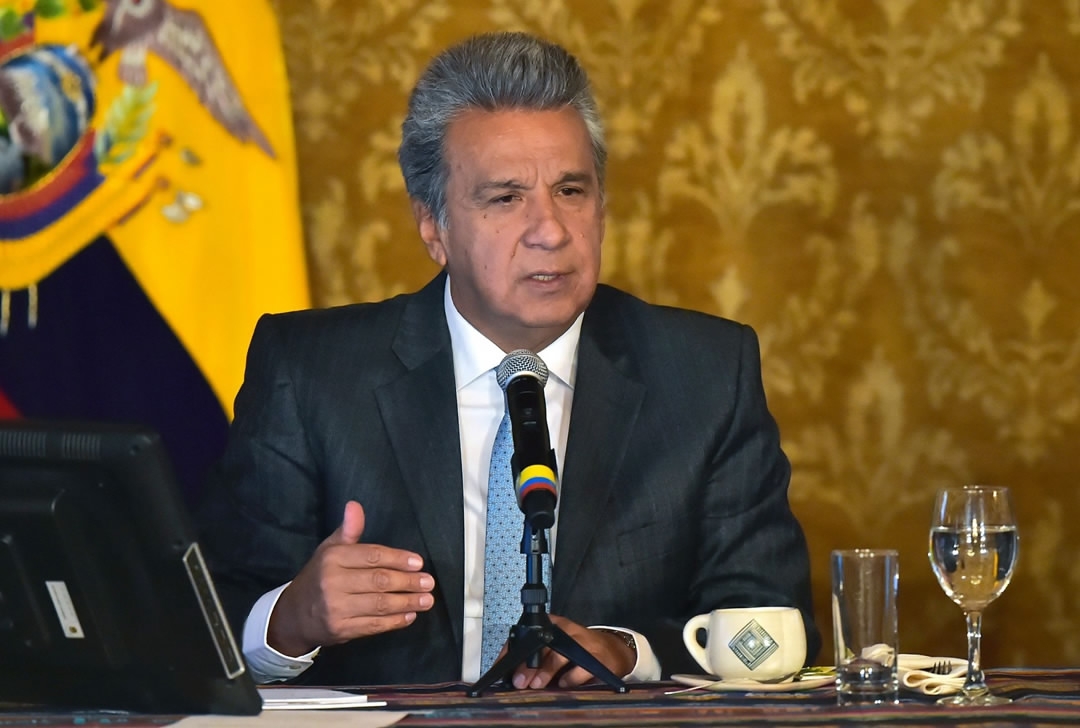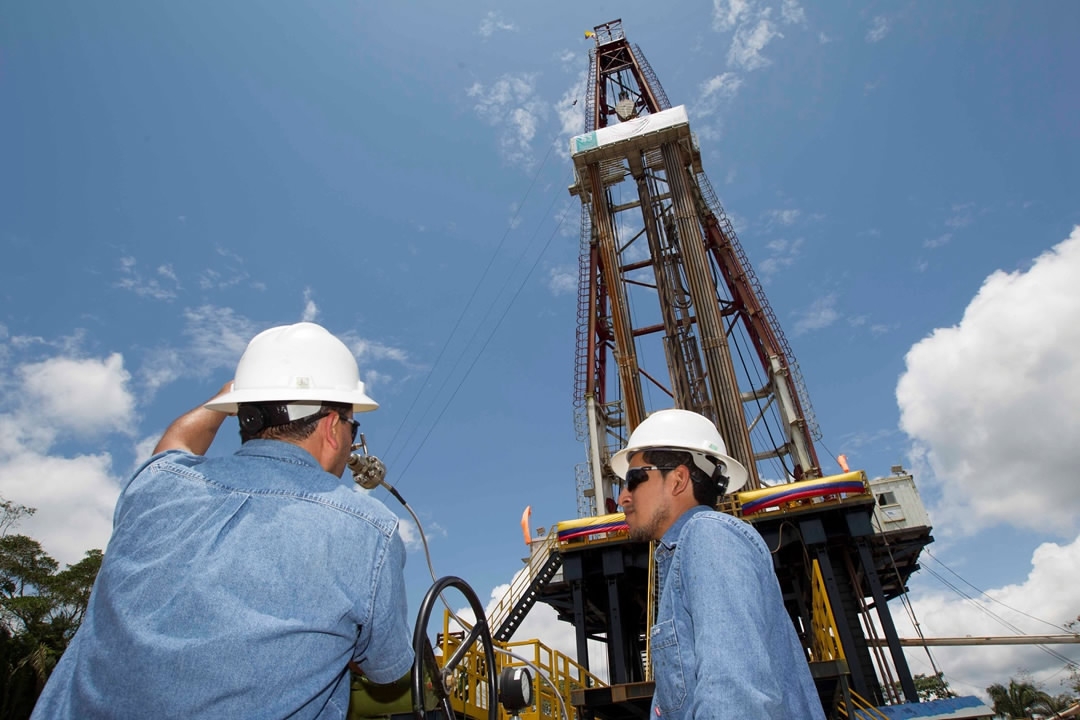
Politics
10:00, 23-Jun-2017
Ecuador’s new president may struggle to manage old debts

By CGTN’s Dan Collyns
Lenin Moreno was former president Rafael Correa’s man throughout the campaign for Ecuador's general election. He won the election in April as the candidate for the ruling Alianza Pais party, which dominates the Ecuador legislature.
Now sworn in, he’s signaled that he’s his own man, pledging to make the necessary reforms to restore fiscal discipline.

Ecuadorean President Lenin Moreno speaks during a press conference at Carondelet Palace in Quito on May 29, 2017. /VCG Photo
Ecuadorean President Lenin Moreno speaks during a press conference at Carondelet Palace in Quito on May 29, 2017. /VCG Photo
Intense social spending over the last 10 years has changed Ecuador for the better. But when the oil boom dried up in 2015, the country started borrowing. Now, Moreno must find a way to get the economy back on track.
That spending has left Ecuador saddled with high-interest foreign debt and debt-for-oil payments, due mainly to China. Just after winning the election, Moreno played down the problem. It was perfectly manageable, he told CGTN.

Workers stand near an oil drilling rig belonging to Petroamazonas at Miranda Port in Tiputini, Ecuador on September 7, 2016. /VCG Photo
Workers stand near an oil drilling rig belonging to Petroamazonas at Miranda Port in Tiputini, Ecuador on September 7, 2016. /VCG Photo
“The debt we’ve acquired is basically for investment, investment in very profitable projects,” said Moreno. “The average interest for our debt is still very high, but historically it’s not so high, nor even comparatively with North America. The interest is approximately 5.9 percent. We will no doubt have to look for cheaper debt and with better deadlines in order to access the resources we need for national development.”
Looking to refinance expensive debt, Ecuador has already issued 2 billion US dollars in bonds.
“You need to borrow in order to fix, you don’t need to borrow if you are going to be postponing the adjustment,” economist Santiago Mosquera said.
“If you need to borrow to fix that’s fine, because you cannot reduce the deficit to zero in a short period of time, or the economy will suffer more,” Mosquera said.
With rising unemployment and under-employment alongside the rising cost of living, Ecuadoreans are feeling the pinch.
“Recently, the prices have risen a lot, I still live with my parents, they look after me, but I can see that everything is more expensive,” said student Lesly Arroyo.
But improving the economy will mean imposing austerity after years of spending.
“To combat corruption widely and deeply will mean that very high-level officials in his government at last will have to face justice and it seems to me that political cost will be too high for Mr Moreno,” Santiago Basabe of the Latin American Faculty of Social Sciences said.
Right now, there is broad backing for Moreno's change of course but analysts say he must act soon. The honeymoon period will soon be over.
15362km

SITEMAP
Copyright © 2018 CGTN. Beijing ICP prepared NO.16065310-3
Copyright © 2018 CGTN. Beijing ICP prepared NO.16065310-3